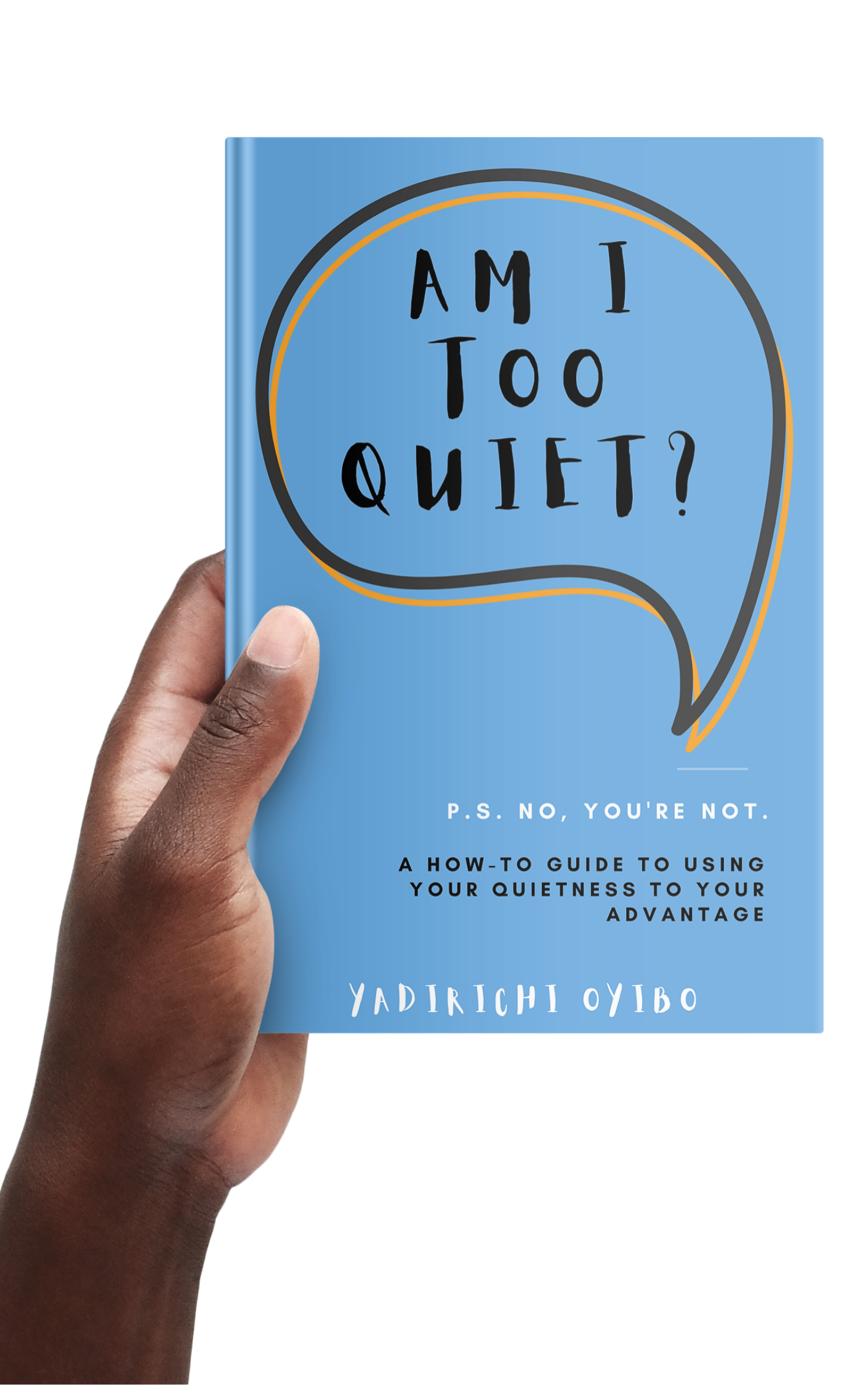8 Crazy Signs You Might Have a Psychological Defense Mechanism
Photo by SHINE TANG on Unsplash
Have you ever found yourself reacting to situations in ways that seemed unusual, even to you?
Maybe you've brushed off criticism, blamed others for your own mistakes, or felt inexplicably anxious without understanding why.
These seemingly irrational behaviors might actually be manifestations of psychological defense mechanisms.
In this article, we'll delve into the world of defense mechanisms, exploring how they work, and examining eight subtle signs that could indicate you're employing them.
Once you understand these signs, it’s the first step towards self-awareness and personal growth.
What are Psychological Defense Mechanisms?
At their core, psychological defense mechanisms are unconscious strategies that our minds employ to protect us from emotional discomfort or distress.
They serve as mental shields, shielding us from thoughts, feelings, or memories that might otherwise be overwhelming.
How Defense Mechanisms Develop and Operate
These intricate defense mechanisms aren’t acquired overnight; rather, they evolve over time as a product of your individual experiences, upbringing, and personality traits.
Much like a chameleon adapting to its environment, your mind instinctively crafts these mechanisms based on the unique blend of circumstances that have shaped your life.
Operating on an unconscious level, defense mechanisms are often activated without your explicit consent or awareness.
So if you’re an introvert or extrovert, when confronted with a situation that threatens to disrupt your emotional equilibrium, your brain springs into action, employing these mechanisms to protect you from the impending emotional storm.
While they are undoubtedly beneficial in the short term by helping you cope with immediate distress, it’s essential to recognize that their long-term impact can be complex and, at times, counterproductive.
Understanding the development and operation of these mechanisms helps you see the hidden interplay between the innate desire for emotional protection and the need for authentic self-expression.
Once you take a look at your personal history through self-awareness, it can shed light on how specific mechanisms are woven into your psychological fabric. This will allow you to embrace a more authentic and harmonious existence.
8 Signs You Might Be Using Psychological Defense Mechanisms
You’re ignoring feedback or criticism.
Receiving constructive criticism in your personal relationships or at work is an essential part of growth. However, if you consistently reject or ignore feedback, you might be using the defense mechanism denial to shield your self-esteem from potential harm.
Another scenario of denial is when you fail to acknowledge something hurt you deeply. For example, you've experienced a traumatic event, but you find yourself avoiding any discussion or acknowledgment of it. This might be an example of denial in action.
By refusing to admit the reality of the event, you're protecting yourself from the emotional pain associated with it.
2. You assume negative intentions in others without evidence.
Assuming negative intentions in others without concrete evidence can be a sign of the defense mechanism projection. If you're constantly suspicious that others have hidden motives, it might be time to reflect on whether you're projecting your own fears onto them.
Another sign of projection is blaming others for your own mistakes. It could happen unconsciously . You could accuse someone else of a behavior you secretly engage in. It's a way to distance yourself from your own uncomfortable feelings.
3. You’re having difficulty recalling distressing memories.
Difficulty recalling a distressing memory could indicate the defense mechanism repression. Your mind might be blocking the memory to prevent it from causing you further emotional pain.
Unexplained anxieties or fears that seem to have no clear source might also be linked to repressed emotions. These emotions might be surfacing indirectly, causing you unconscious distress. Noticing these patterns is the first step to curbing the effects of this defense mechanism.
4. You’re making excuses for not facing challenging situations.
Making frequent excuses for not standing up to challenging situations could signal rationalization. It's an attempt to lessen the discomfort associated with stepping out of your comfort zone.
Likewise, justifying harmful behaviors or choices as a means of protecting your self-esteem is another classic example of rationalization. By creating excuses, you maintain a positive self-image despite your actions.
5. You’re redirecting your anger from its source to a safer target.
Ever found yourself taking out frustration from a bad day on an innocent bystander? This is displacement in action. You're redirecting your emotions from the true source onto someone or something less intimidating.
Using a safer target to channel anger or frustration is a way of avoiding confrontations. If you find yourself consistently doing this, you might be using displacement to manage overwhelming emotions.
6. You’re channeling negative emotions into creative pursuits.
If you’re overcome by certain unpleasant emotions but prefer to venture into creative outlets, like painting, writing, or music, it’s an example of sublimation. It's a healthy way of transforming distress into something productive.
If your stress ignites a burst of energy that fuels your achievements, you’re using the defense mechanism sublimation. It allows you to harness negative emotions for positive outcomes instead of being overwhelmed by the negative feelings.
7. You react childishly under stress.
Reverting to other less demanding behaviors like comfort eating, seeking solitude, avoiding responsibilities, and engaging in nostalgic pursuits, during challenging times can also be a sign of regression.
Under severe stress, have you ever reacted in a more childlike manner? This regression is your mind's way of seeking comfort and safety in familiar behaviors from the past.
It's a response that aims to reduce the pressure of adult responsibilities.
8. You avoid unpleasant emotions by excessively analyzing a situation.
If you focus solely on the cognitive aspects of a situation during a difficult circumstance, while ignoring your emotions, it’s a form of intellectualization. It helps you manage the situation on a surface level, while avoiding the deeper emotional processing.
This detachment from feelings can protect you from confronting distressing emotions, but doesn’t solve the root of the problem.
Related: You Might Be Using One of These 26 Defense Mechanisms Right Now
Liking this article? Join our Introvert Club→
The Impact of Psychological Defense Mechanisms
So you’ve realized some of the defense mechanisms you might be using above. What next?
For example, if you ignore a problem (denial) or make up excuses (rationalization), is this really detrimental to your wellbeing?
While these defense mechanisms can help in the short term, using them too much over a long time can cause problems.
Imagine always blaming others (projection) or going back to acting like a kid when things get hard (regression). These habits can make it tough to understand your own feelings and will even make your relationships tricky.
It's important to know that these defense mechanisms are like tools. They're useful sometimes, but too much of them can be a problem. So, while they can help you for a bit, it's also smart to find other ways to deal with tough feelings. This way, you can have healthier emotions and better relationships.
How to Recognize and Address Defense Mechanisms
Congrats! You’ve taken the first step to dealing with defense mechanisms, and that’s educating yourself with this article. The next step involves paying attention to how you react to different situations.
When you feel upset or act in ways that seem odd, try to understand why. Ask yourself questions like "Why am I feeling this way?" or "Why did I react like that?"
Finding out why you do the things you do can provide enough insight to help you solve the problem.
Seeking Professional Support and Therapy When Needed
Sometimes, dealing with defense mechanisms on your own can be a bit tricky. Remember that it’s okay to ask for help when you need it. You can see a therapist if you're struggling with your emotions and reactions.
Think of therapy as a safe space to talk about your feelings and learn new ways to cope. If you notice that your defense mechanisms are causing problems in your life, making it hard to get along with people, or stopping you from doing things you want to do, reaching out to a therapist is a really smart move.
Over to you..
Did you notice any sneaky signs of psychological defense mechanisms like denial, projection, and the rest, in your life?
This journey doesn't stop here – armed with this new knowledge, you’re ready to make big changes. Use self-awareness to always observe these tricky mechanisms and curb them before they affect your wellbeing ot relationships. This helps you stay strong and real.
Kindly leave a comment below if you liked this article. Or, share it with someone who needs to read it.
Live Your Best Quiet Life
Get the Am I Too Quiet? book →













